Next up in my series of author interviews with the finalists of the SFINCS contest, we have E.L. Montague, author of To Catch a Witch, a fast-paced fantasy featuring witch hunters and a good chunk of monstrous action!
To Catch a Witch by E.L. Montague
Caught in a scandal with Lord Arle that draws the attention of King Harald’s Inquisition, Shenagh is forced to flee her home into the Dark Wood. The young hedge witch, pursued by Master Macon den Lough and his henchman, Cobb, is tested by the forest’s rugged terrain, dangerous predators, and legendary monsters.
About the Author
E.L. Montague writes gritty science fiction, fantasy, and horror with a dark twist from his home in Texas. He speculates on the nature of humanity through stories of the android awakening, the epic battle between magi and commoners, and the supernatural underground in America.
And so starteth the interview!
PW: What inspired you to write To Catch a Witch?
ELM: I am fascinated by the idea of flight. People find themselves in stressful situations. So, nothing is going to hold up a mirror like running for your life. Growth is always found on the edges. I want to put my characters in impossible situations and see what will happen. For To Catch a Witch, I started from the premise of what would happen if I chased an untested girl into the woods in her nightgown. I really only had the image of a Shenagh sitting in the gully watching her house burn, the rest was born from that.
PW: Did that come with a particular time and place connected to it? I ask as I got somewhat Western vibes from the classic hunter/hunted style, though I appreciate it’s the sort of story that you might find across genres.
ELM: I knew that I was writing in the Temere, so it was going to be a classic fantasy world, but I was looking at a specific part of the world. Shenagh’s home was in the Southern Hills of Bane, a kingdom not unlike Southern France. The story of the Temere revolves around a war that spans continents and peoples in the third age. But point of fact, this would work well as a Western. I’m glad it conjured an image for you. Kenneth Gray got a colonial impression when he read it and sent me fanart with a Puritan Inquisitor. I was delighted.
PW: And was it always intentionally a novella?
ELM: Yes. I watched an interview with Timothy Wolff where he was promoting The Whisper that Replaced God. Cocky as it may seem, I thought, I could do that. I’ve been writing for years, and nothing works like a deadline. It was the last week of June, and the novella had to be published by the end of July. That’s a good goal.
PW: Good going! And a rare actually intentional novella.
ELM: Happy to provide the example. I like fast stories and novellas are perfect for those.
PW: So you mentioned the Temere above – how does this book fit into the rest of your work?
ELM: I am writing an epic tale about the father and son duo Eldred and Ghent that spans the whole of Ghent’s life. The setting is the fall of the magi (magic users – witches, mages, wizards, and sorcerers) to the Common Warlord Harald. The first half of the epic is Harald conquering all the kingdoms of the world ruled by magi. The second half of the epic is Ghent winning it back, so we get to follow the fall and rebirth of the Magi Empire. As a writer, I tend to write stories about my side characters to get to know them. To Catch a Witch was my effort to get to know the river pirate Shenagh; turns out she was a woodsman’s daughter. She will get a trilogy all her own before she ever meets Eldred and Ghent.
PW: Great stuff, I’m always a fan of interconnected stories. Do you have some idea of the timescale you want to complete all this in or is it just an ongoing project?
ELM: I write quickly, but it’s a big world with dozens of stories. In the end, this could be twenty plus novellas and at least as many novels. I have the bones for four trilogies with side characters and nineteen Eldred and Ghent stories. I’ll be in the Temere for twenty years, but think several novellas and a novel every year.
PW: That is impressive. Do you find this length of story presents any particular benefits compared to longer or shorter forms?
ELM: Short stories allow me to focus on one event. Anything less that twenty thousand words can be limited that way. I tend to sprawl with characters. There are literally hundreds of named characters in The Temere. I love big stories. The concept of a butterfly’s wings in Mexico causing a cyclone in Indonesia inspires me. All of these stories and the little things that happen in them echo in the greater epic.
PW: On the other hand, does publishing a novella present any particular challenges compared to longer or shorter work?
ELM: The biggest challenge with novellas for me is that they cost pretty much the same to publish as a novel, but they are much less popular than novels. People don’t generally think, “Hey, I’d love a fantasy, where are the novellas.” As such, I spend hundreds of dollars to get the attention of a dozen readers who already like my work. But the competition is a great way to get your name out there. What I really want is to be read. I want to find my audience, and I’ve started doing that. Every new reader is an opportunity. The truth is, I’m not for everyone, so I need to get out there and find my tribe.
PW: Excellent point on the costs, which hasn’t really come up yet; the cost of a professional cover in particular can be quite galling for a novella compared to a full novel (hence mine is nowhere near the quality of the main books in my series).
ELM: I decided that I needed original art for my work and that I can’t afford to do less, but that’s from a reader perspective. They don’t think about things like production cost when they pick up a book. They think is this the same quality I got before. People do judge a book by its cover. I have an additional expense which is audiobooks. I do them myself, but it’s a big investment in time.
PW: Too true. So, do you have any notable experience to share for marketing novella-length fiction?
ELM: This contest has been great for marketing a novella length work. It’s also a great place to be read by people that wouldn’t naturally pick up my work. I’ve been very pleased by the willingness of the community to give me a chance. And I’ve been delighted to lean about storytellers I never would have met otherwise.
PW: And as we can see you’ve got extensive plans for this, what’s next for this book, and your work in general?
I need to write Shenagh’s trilogy, but first I am publishing five novellas of flight. I asked X whether they wanted to see a collection or novellas, and novellas won. It was a small sample, but I aim to please. I’ve published two collections from my science fiction world (Near Earth) and tons of short stories in other people’s anthologies. This has been fun. I have the first novel in the Temere in edits now. It will be a trilogy about May and Cantalira Weaver who eventually play key roles in the main storyline. I’ve already written the first novel in Eldred and Ghent’s story, but it landed at almost 300,000 words. So, I’m reworking that. It might take a minute.
PW: That’s a lot! Are you tempted to split it into more than one book?
ELM: That’s what I’m doing with the rewrite. I’m splitting it into two books. I had intended to tell the story of King Harald and Eldred of Strum together so the conflict would be clear, but they do naturally break apart. As such, I’ll tell the story of the siege of Harkook for King Harald’s introduction and his promise to kill every last living Strum. And I will tell the story of Eldred discovering his unique powers and falling in love with Breca (Ghent’s mother). Eldred is the second son of Aethor Strum, Lord General of the Temerese army who fights Harald in Harkook.
PW: Lastly, how has reaching the SFINCS finals impacted you?
ELM: I have been really impressed by this community. It’s changed my perspective in surprising ways, and I plan to stay involved. Hell, I’ll enter a new novella next year – I’ve got five. It exposed me to great writers and really effective storytelling. I think my writing will benefit greatly from just being a part of it. I’m thrilled to have made it this far. Having goals has always inspired me to do better. Having competition drives me. The fact that there is such good competition will improve me. Iron sharpens iron. I can’t wait to read what the rest of you have written.
PW: Thanks very much, and for your time and answers! It’s great to see the competition as a motivator as well as something that can get your book out there.
I’ll be back soon with the next of our finalist interviews, and remember you can keep up with the full competition here. And be sure to check out To Catch a Witch!

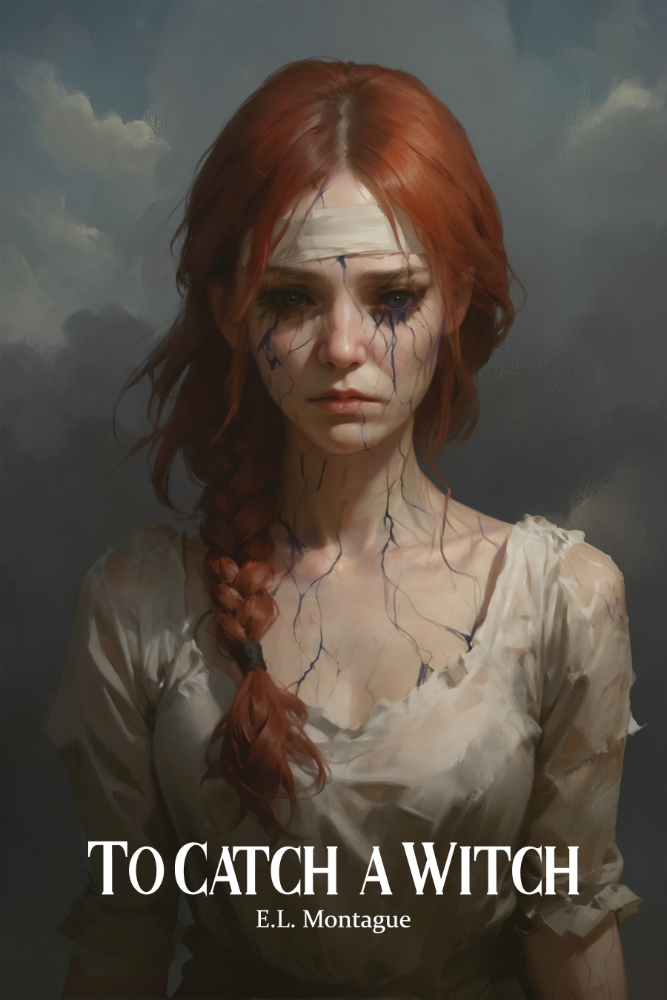

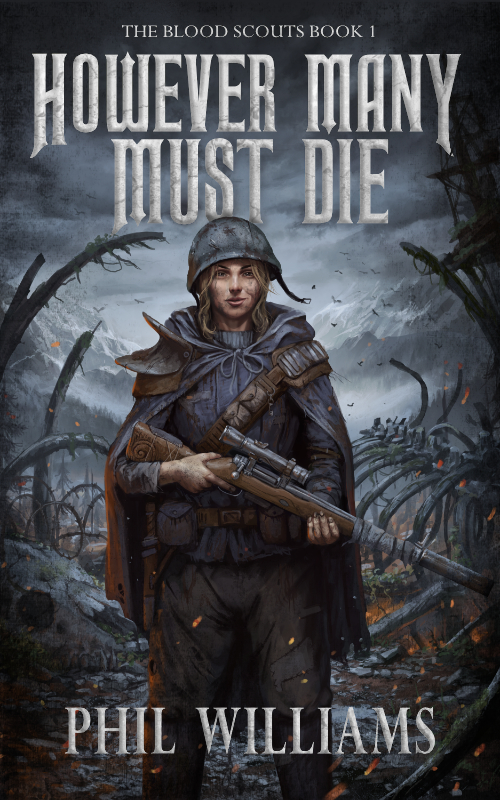
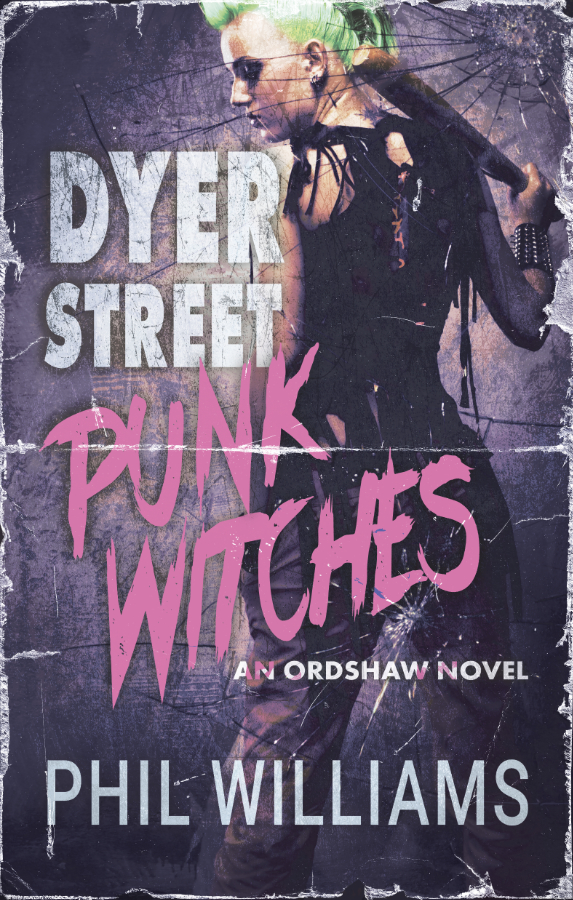
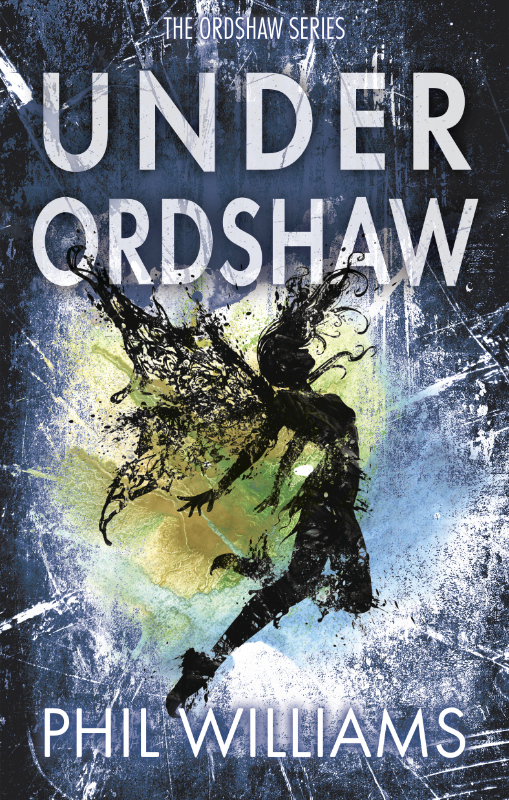
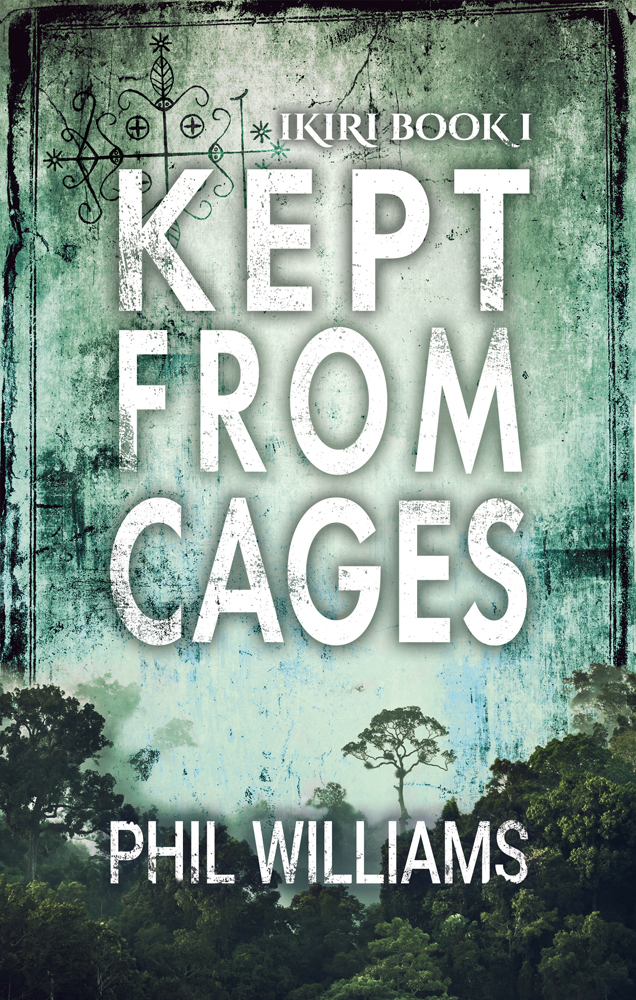
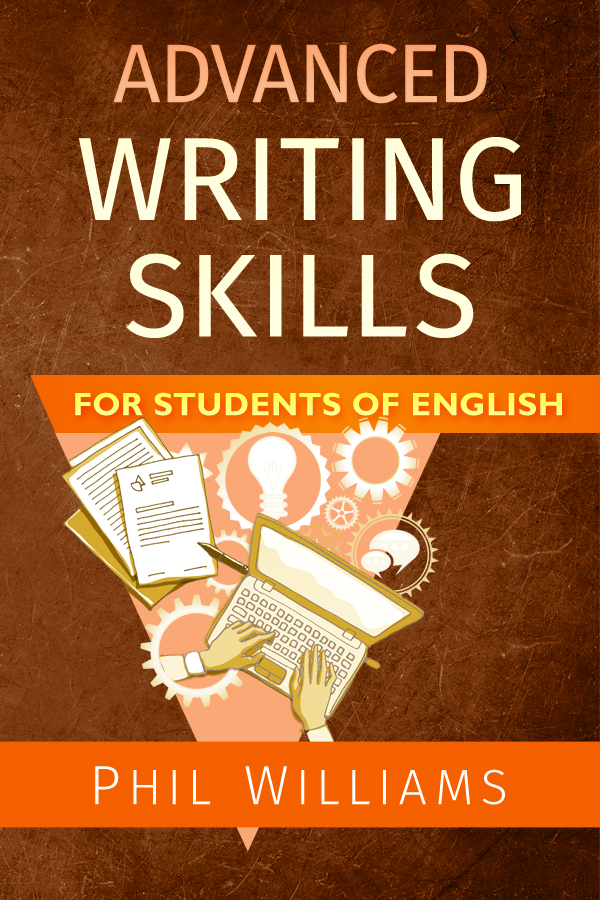
Great Interview. I am making my way through all of your work.